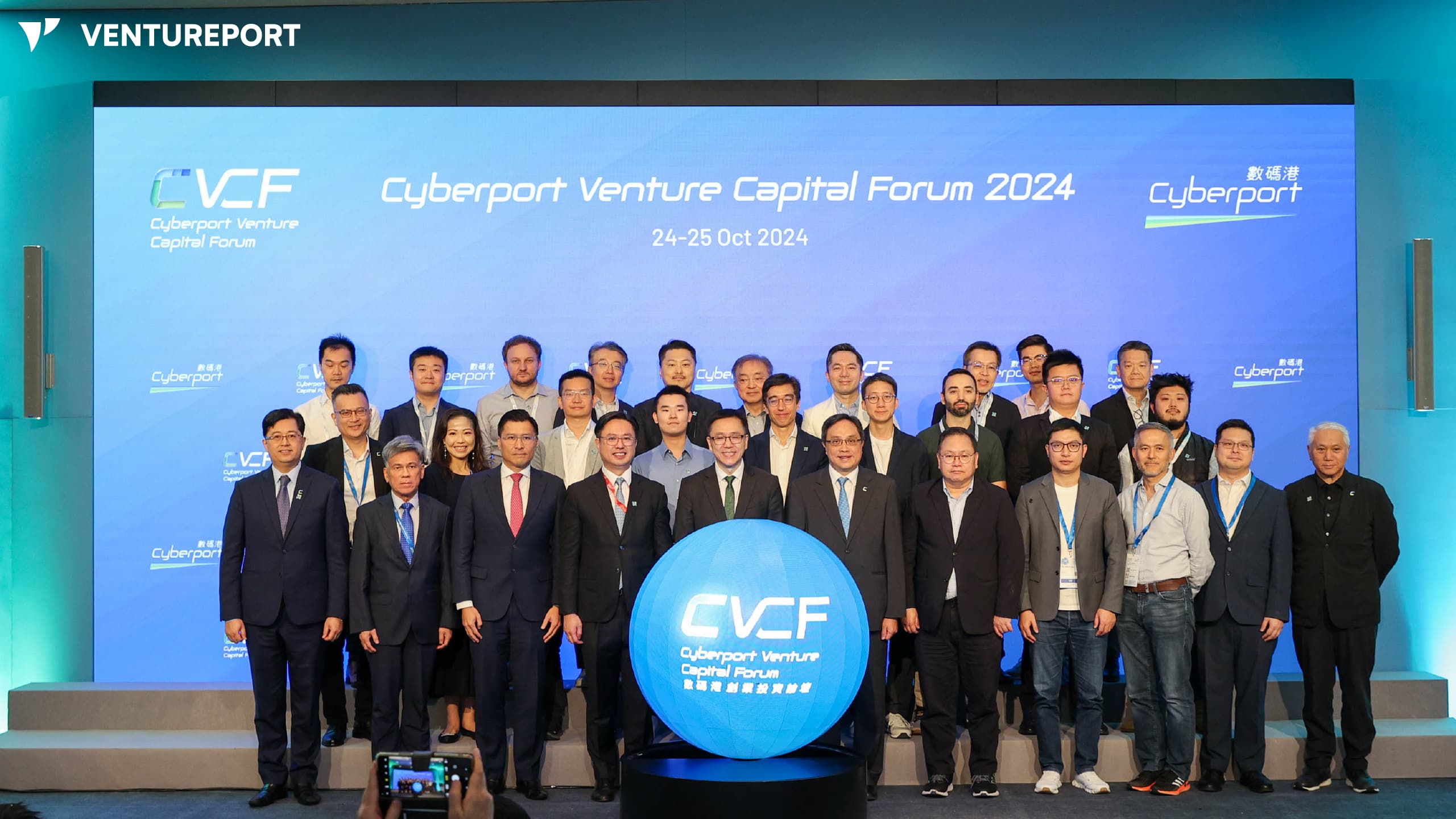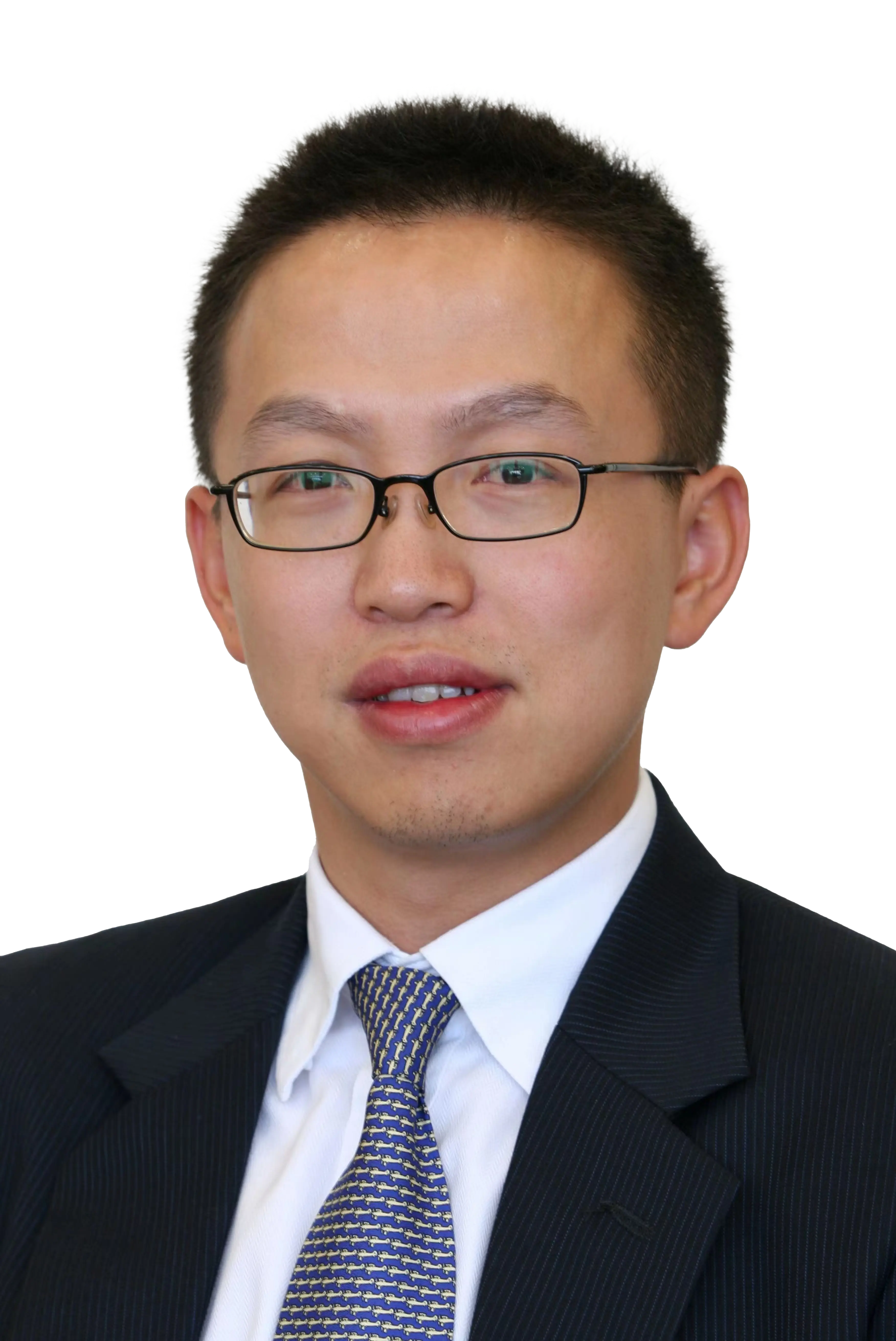
Researcher tending seedlings in a laboratory environment. PHOTO: FREEPIK
Bindwell is testing a simple idea: use AI to design smarter, more targeted pesticides built for today’s farming challenges.
Updated
November 14, 2025 10:48 PM

Researcher tending seedlings in a laboratory environment. PHOTO: FREEPIK
Bindwell, a San Francisco–based ag-tech startup using AI to design new pesticide molecules, has raised US$6 million in seed funding, co-led by General Catalyst and A Capital, with participation from SV Angel and Y Combinator founder Paul Graham. The round will help the company expand its lab in San Carlos, hire more technical talent and advance its first pesticide candidates toward validation.
Even as pesticide use has doubled over the last 30 years, farmers still lose up to 40% of global crops to pests and disease. The core issue is resistance: pests are adapting faster than the industry can update its tools. As a result, farmers often rely on larger amounts of the same outdated chemicals, even as they deliver diminishing returns.
Meanwhile, innovation in the agrochemical sector has slowed, leaving the industry struggling to keep up with rapidly evolving pests. This is the gap Bindwell is targeting. Instead of updating old chemicals, the company uses AI to find completely new compounds designed for today’s pests and farming conditions.
This vision is made even more striking by the people leading it. Bindwell was founded by 18-year-old Tyler Rose and 19-year-old Navvye Anand, who met at the Wolfram Summer Research Program in 2023. Both had deep ties to agriculture — Rose in China and Anand in India — witnessing up close how pest outbreaks and chemical dependence burdened farmers.
Filling the gap in today’s pesticide pipeline, Bindwell created an AI system that can design and evaluate new molecules long before they hit the lab. It starts with Foldwell, the company’s protein-structure model, which helps map the shapes of pest proteins so scientists know where a molecule should bind. Then comes PLAPT, which can scan through every known synthesized compound in just a few hours to see which ones might actually work. For biopesticides, they use APPT, a model tuned to spot protein-to-protein interactions and shown to outperform existing tools on industry benchmarks.
Bindwell isn’t selling AI tools. Instead, the company develops the molecules itself and licenses them to major agrochemical players. Owning the full discovery process lets the team bake in safety, selectivity and environmental considerations from day one. It also allows Bindwell to plug directly into the pipelines that produce commercial pesticides — just with a fundamentally different engine powering the science.
At present, the team is now testing its first AI-generated candidates in its San Carlos lab and is in early talks with established pesticide manufacturers about potential licensing deals. For Rose and Anand, the long-term vision is simple: create pest control that works without repeating the mistakes of the last half-century. As they put it, the goal is not to escalate chemical use but to design molecules that are more precise, less harmful and resilient against resistance from the start.
Keep Reading
Cyberport Venture Capital Forum (CVCF) 2025 Returns Under the Theme "The Innovation–Venture Nexus: Igniting Transformative Success"
Updated
November 3, 2025 9:17 PM

As the venture capital world recalibrates amid global uncertainty, Cyberport Venture Capital Forum (CVCF) 2025 returns on November 6-7 under the theme “The Innovation–Venture Nexus: Igniting Transformative Success”. PHOTO: CYBERPORT
The two-day forum will once again bring together global and local leaders to explore how technology, capital and collaboration intersect to drive the next wave of growth. Entrepreneurs, investors and innovators will exchange insights on artificial intelligence, digital assets and Web 3.0—technologies that are reshaping industries and redefining both risk and opportunity.
As industries face challenges from geopolitical shifts, regulatory changes and market volatility, CVCF will serve as a platform to address a defining question: How can innovation remain bold and visionary in an ever-evolving funding landscape? Through keynotes, panel discussions and interactive sessions, the forum will spotlight the transformative potential of technologies like artificial intelligence (AI), Web 3.0 and digital assets while offering practical strategies to turn disruption into market advantage.
With investor matching, power pitches, start-up clinics and workshops, CVCF 2025 offers a front-row seat to emerging markets across Asia, the Middle East, the United States and Europe, connecting forward-thinking investors with visionary entrepreneurs. It is not just a conference—it’s a bridge between ideas and investment designed to ignite breakthroughs and foster growth in the global innovation ecosystem. It provides a unique platform for startups and investors to navigate the complexities of today’s economy while seizing new opportunities for collaboration and growth.
To preview the conversations ahead, three speakers share perspectives on trends shaping the future of innovation, investment and entrepreneurship, setting the stage for the discussions that will unfold at CVCF 2025.

Co-founder and CEO, AIFT
Session: Riding the Middle East Momentum — Capitalizing Unique Innovation and Investment Strengths
As the Middle East accelerates its shift from oil dependence toward digital diversification, the region is becoming a focal point for blockchain and AI investment. In his upcoming session, Alvin Kwock will explore the region’s innovation potential — and here, he shares some of his views on the opportunities shaping that transformation.
Alvin Kwock, co-founder and CEO of AIFT, oversees operations across three verticals: AI and cybersecurity (Vulcan and Cymetrics), blockchain (OneInfinity and OneSavie) and pet and B2C (OneDegree). With local operations spanning Asia and the Middle East, AIFT is expanding rapidly.
When asked about the Middle East’s rapid rise as a global innovation hub, Kwock said that the region is shifting from a petroleum-dependent economy to one increasingly diversified through technology and innovation, with markets advancing blockchain and AI technologies. AIFT is prioritizing expansion in the UAE and Saudi Arabia, where AI investment and regulatory openness create immense potential. Hong Kong’s expertise in financial risk management acts as a “confidence anchor” for international markets, allowing AIFT to deliver compliant solutions tailored for emerging markets while developing Sharia-compliant, regulation-aligned technologies.
“Hong Kong’s storied expertise in financial risk management acts as a ‘confidence anchor’ for international markets.”
He also noted that the region’s accelerating digital adoption opens unique opportunities for AI, insurtech and fintech. The UAE and Bahrain’ embrace of virtual assets, combined with Hong Kong’s proven frameworks, provide a foundation for localized solutions. By integrating risk oversight and regulatory best practices, AIFT supports stable market growth and delivers specialized insurance to enhance resilience in emerging markets.
On managing geopolitical risk, Kwock explained that AIFT mitigates exposure through local partnerships, regulatory alignment and cultural understanding. By hiring Arab employees and ensuring operations align with Islamic values, AIFT strengthens Hong Kong–Middle East collaboration. This approach, he said, offers a blueprint for startups: prioritize local engagement and flexibility to balance risk and growth.

Founder, Hash Global Advisory Company Ltd.
Session: From Hype to Holdings — Where Smart Money Goes in Digital Assets 2025–2027
With institutional frameworks for Web 3.0 maturing, investors are increasingly focused on sustainable value creation. In his session, Kang Shen will discuss how smart capital is moving beyond speculation toward real-world utility—themes echoed in his reflections shared ahead of the forum.
Kang Shen, founder of Hash Global Advisory, applies value-investing principles to the Web 3.0 sector. A graduate of Fudan University and the University of Chicago Booth School of Business and a Chartered Financial Analyst (CFA), Shen has more than 20 years of financial industry experience with roles at the Industrial Bank of Japan, PIMCO and Bosera Asset Management.
On the tokenization of real-world assets, Shen observed that the RWA sector remains in its early phase of regulatory and infrastructure development. Over the next two years, as compliance systems mature, scalable projects with tangible value will emerge. For now, his approach remains cautious, focusing on fundamentals rather than inflated market narratives.
He also shared his optimism for three areas with the most potential upside: Web 3.0 Culture and Entertainment—including projects like Meet48 and Offgrid; Web 3.0 E-Commerce and Payments—with ventures such as WSPN, RD Technologies and Bitgoods; and On-Chain Data and Data Assets—such as Chainbase and Data Dance Chain. These, he noted, represent meaningful real-world applications of Web 3.0 technologies.
“Web 3.0 is currently undergoing a process of value realignment.”
Shen emphasized that Hash Global has always been committed to applying value-investing principles to the field of digital asset management. As early as 2019, the firm proposed using a monetary equation framework to evaluate ecosystem tokens and recently defined a new class—“Value-Functional Tokens”. He believes Web 3.0 is now undergoing a process of value realignment, where genuine utility will determine long-term worth.

Founder and CEO, Zhejiang Linctex Digital Technology Co., Ltd. (Style3D)
Session: Strategic Exits — IPO Paths for Expanding Rapid-Growth Companies
The fashion and textile industry is undergoing rapid digital transformation. Against this backdrop, Eric Liu will join CVCF 2025 to discuss strategic growth and expansion paths for fast-scaling companies.
Eric Liu, founder and CEO of Zhejiang Linctex Digital Technology Co., Ltd. (Style3D), holds dual master’s degrees in applied computing and molecular biology from VUB University in Belgium and a PhD in Electronic Information Engineering from Zhejiang University. A serial entrepreneur in the textile industry, Liu founded Style3D to drive digital transformation through AI and 3D technology.
He explained that Style3D’s fusion of AI and 3D technology builds a full-chain digital ecosystem. AI-driven design tools powered by large language models shorten design cycles from weeks to hours, while 3D simulation reduces prototyping costs by 30 percent. The company’s self-developed simulation engine supports virtual fashion shows and sustainability initiatives by optimizing fabric usage.
“Style3D’s fusion of AI and 3D technology builds a full-chain digital ecosystem.”
On the company’s origins, Liu said that traditional fashion R&D cycles are slow and costly. By integrating AI for pattern generation and 3D for design-to-production links, Style3D overcomes these barriers. With over 200 core patents and an extensive database of 2.3 million fabric properties and 1.2 million garment templates, the company leads digital fashion innovation.
Looking ahead, Liu noted that Style3D reinvests 40 percent of annual revenue into R&D, develops AI-driven trend prediction tools and expands innovation hubs in Paris and Milan. By leading the standardization of “3D Digital Fashion Infrastructure”, Style3D is setting the industry benchmark for the next era of intelligent manufacturing.
As global innovators prepare to gather at CVCF 2025, the forum promises to ignite ideas, discoveries and partnerships that will shape the future of technology and investment. From cutting-edge insights to practical strategies, the conversations starting here are just the beginning of a journey to redefine what’s possible in the global innovation ecosystem.
.jpg)